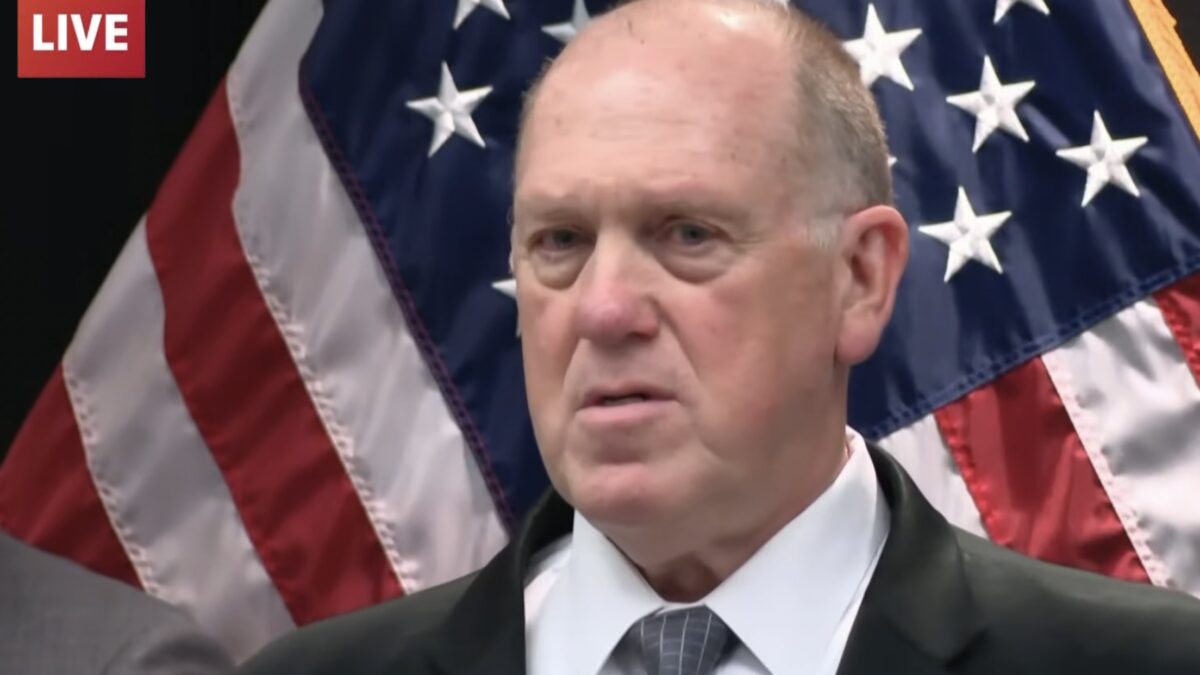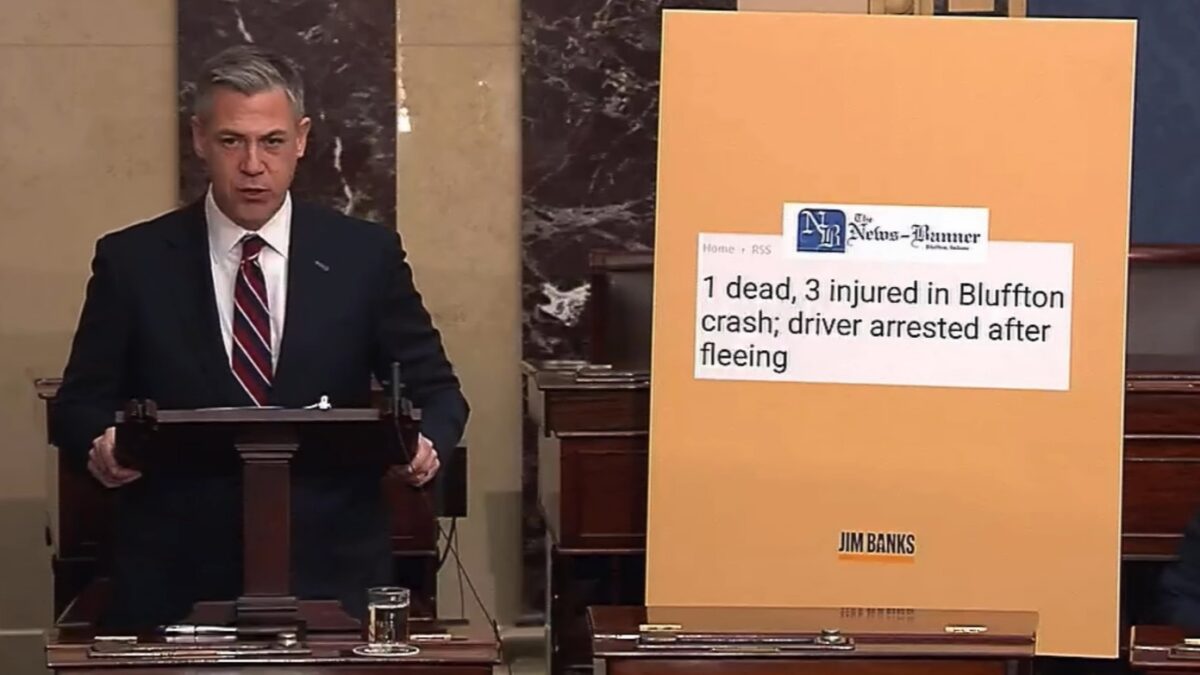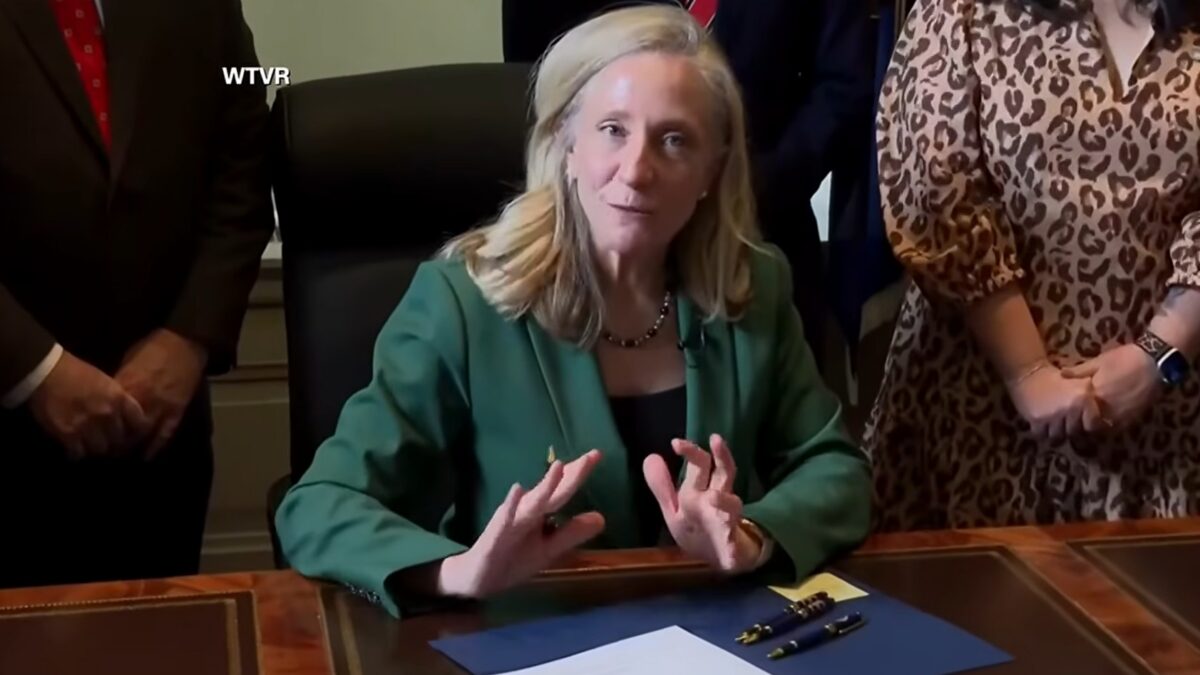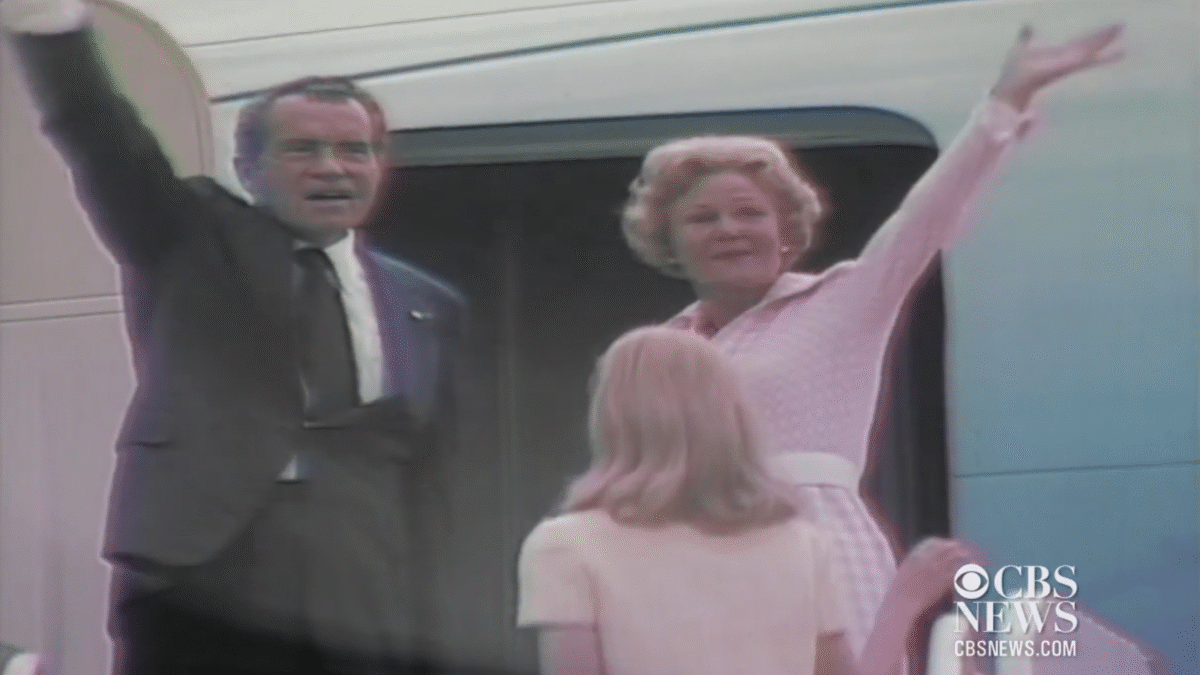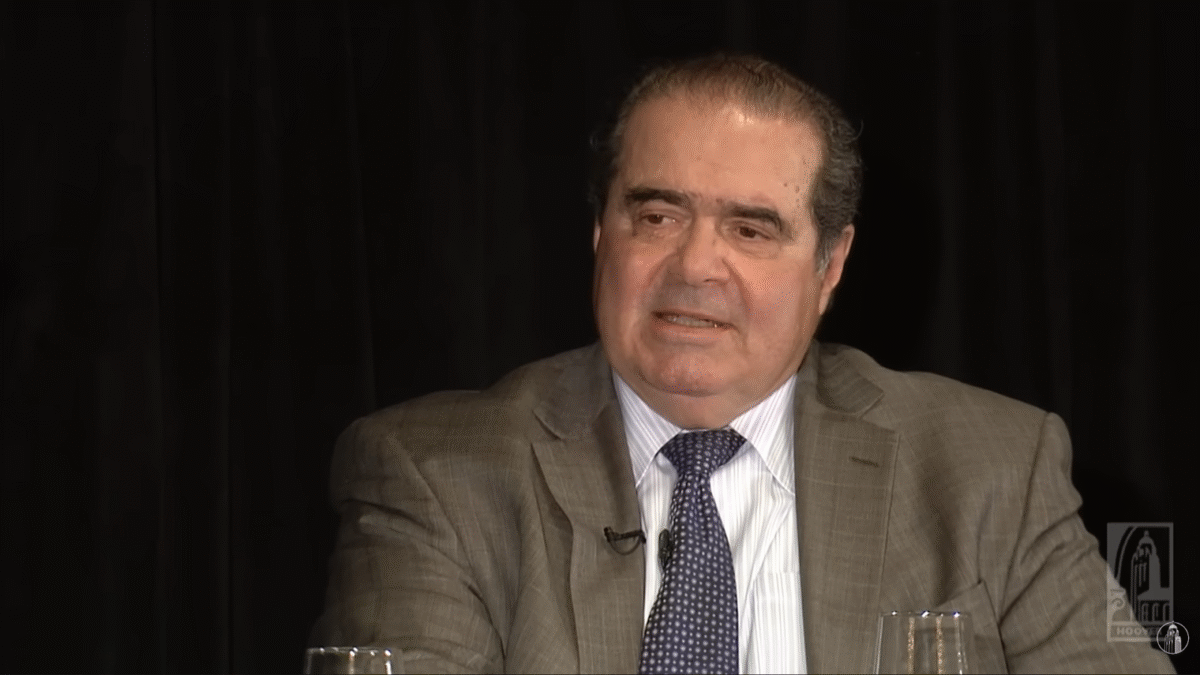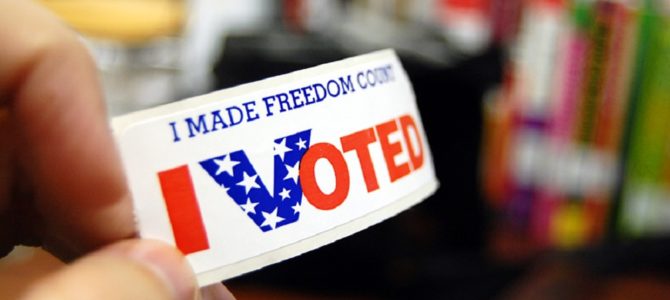
On Friday, Texas Attorney General Ken Paxton announced that about 95,000 non-U.S. citizens had registered to vote in Texas and that nearly 58,000 of those individuals had voted in one or more Texas elections.
Paxton’s announcement followed a ten-month effort by the Texas secretary of state’s office, in conjunction with the Department of Public Safety, to create a protocol to help Texas officials properly maintain their voting rolls, as required by law. As Paxton explained in his press release last week, “Texas law allows lawfully present noncitizens to obtain driver’s licenses by showing proof of lawful presence to DPS. However, only citizens are eligible to vote. And Texas law currently does not require verification of a voter’s statement that they are a citizen.”
To create a list of non-U.S. citizens registered to vote, the Department of Public Safety reviewed the records provided by non-citizens at the time they obtained a driver’s license or personal identification card. For instance, non-citizens legally present in the United States might present a green card when applying for a driver’s license. Comparing the list of non-citizens who obtained driver’s licenses with the list of registered voters resulted in the 95,000 non-citizens identified as improperly registered to vote.
Sam Taylor, a spokesman for the secretary of state, told The New York Times that this method was nearly foolproof: “We can’t see a situation in which this would produce a false positive,” he told the Times, adding: “These are people whose last and most recent visits to D.P.S. showed them to be noncitizens through documentation that they submitted and which D.P.S. has kept on file.”
The New York Times, though, downplayed the significance of Friday’s news, noting that “more than 8.3 million people voted in the Texas governor’s race last year, which means that even if all 58,000 people who voted were, in fact, found to be noncitizens and voted in 2018 — a claim that no state official has made — they would have amounted to only 0.69 percent of all votes that were cast.”
That’s one way to put it—if you want to obscure the significance of 58,000 fraudulent votes! After all, George W. Bush defeated Al Gore in Florida by a mere 537 votes to become our 43rd president.
Critics are also attempting to spin Paxton’s announcement by painting Texas’ efforts to clean up the voting rolls as an effort in voter suppression. For instance, Kristen Clarke, the president of the Lawyers’ Committee for Civil Rights Under Law, told The New York Times that “Texas has a rich history of undertaking action to make it harder for people to vote.” “Whenever you’re invoking the threat of criminal prosecution,” she added, “the chilling effect becomes almost unavoidable.”
But there should be a chilling effect on those who would vote illegally.
U.S. citizens also have nothing to fear in voting in Texas. Should a U.S. citizen inadvertently appear on the list of non-citizens, the state does not automatically strike his name from the voting registry. Rather, the county voter registrar informs the individual that he or she is “being examined on the grounds that he or she is not a U.S. citizen.”
The county voter registrar will only cancel the voting registration if the individual does not provide proof of citizenship—a certified copy of the voter’s birth certificate, a United States passport, or a certificate of naturalization—within 30 days.
In addition to canceling their voter registration, as Clarke noted, non-citizens are subject to criminal liability. In announcing the discovery of 95,000 non-citizen voter registrations, Paxton stressed that his “Election Fraud Unit stands ready to investigate and prosecute crimes against the democratic process when needed.” The attorney general added that in 2018, his Election Fraud unit prosecuted 33 defendants for various election fraud violations.
Thirty-three prosecutions pales in comparison to the nearly 100,000 cases of non-citizens registered to vote and the more than 50,000 instances of non-citizens casting fraudulent ballots. More must be done, and not just in Texas, because every time a non-citizen votes he cancels out an American citizen’s vote. Yet left-leaning states refuse to pass or implement laws necessary to protect the integrity of our elections, discounting the reality and scope of voter fraud and claiming such laws will disenfranchise citizens.
But Paxton’s press release from last week disproves both claims: First, there is concrete evidence of substantial voter fraud. Second, the procedure the Texas secretary of state used provides a blueprint for other statesto ensure that only non-citizens will be caught in the net.
Other states would be wise to follow Paxton’s lead, but if they don’t, the federal government can no longer ignore this problem: Voter fraud has national consequences, from the identity of the commander-in-chief to the political party that holds the House and the Senate.
It is already a federal crime for an alien to vote in a federal election. Non-citizens who voted in violation of federal (or state) law may also be deported. The federal government, however, lacks access to state databases, such as those that provided Texas with the information necessary to expose the identity of non-citizen who have registered to vote. And when President Trump’s now-disbanded “Presidential Advisory Commission on Election Integrity” attempted to obtain voter information for the states, there were an array of problems.
Paxton’s announcement now provides the Trump administration the opportunity to reopen a discussion about voter fraud. Rather than get bogged down in the bureaucracy of another commission, the president should direct the U.S. attorney general (once confirmed) to work with agencies charged with oversight of non-citizen resident aliens, such as the U.S. Citizenship and Immigration Services, which oversees green cards.
The federal government may already have the tools necessary to replicate the Texas model. If not, Trump will have another ready complaint for the campaign trail.




